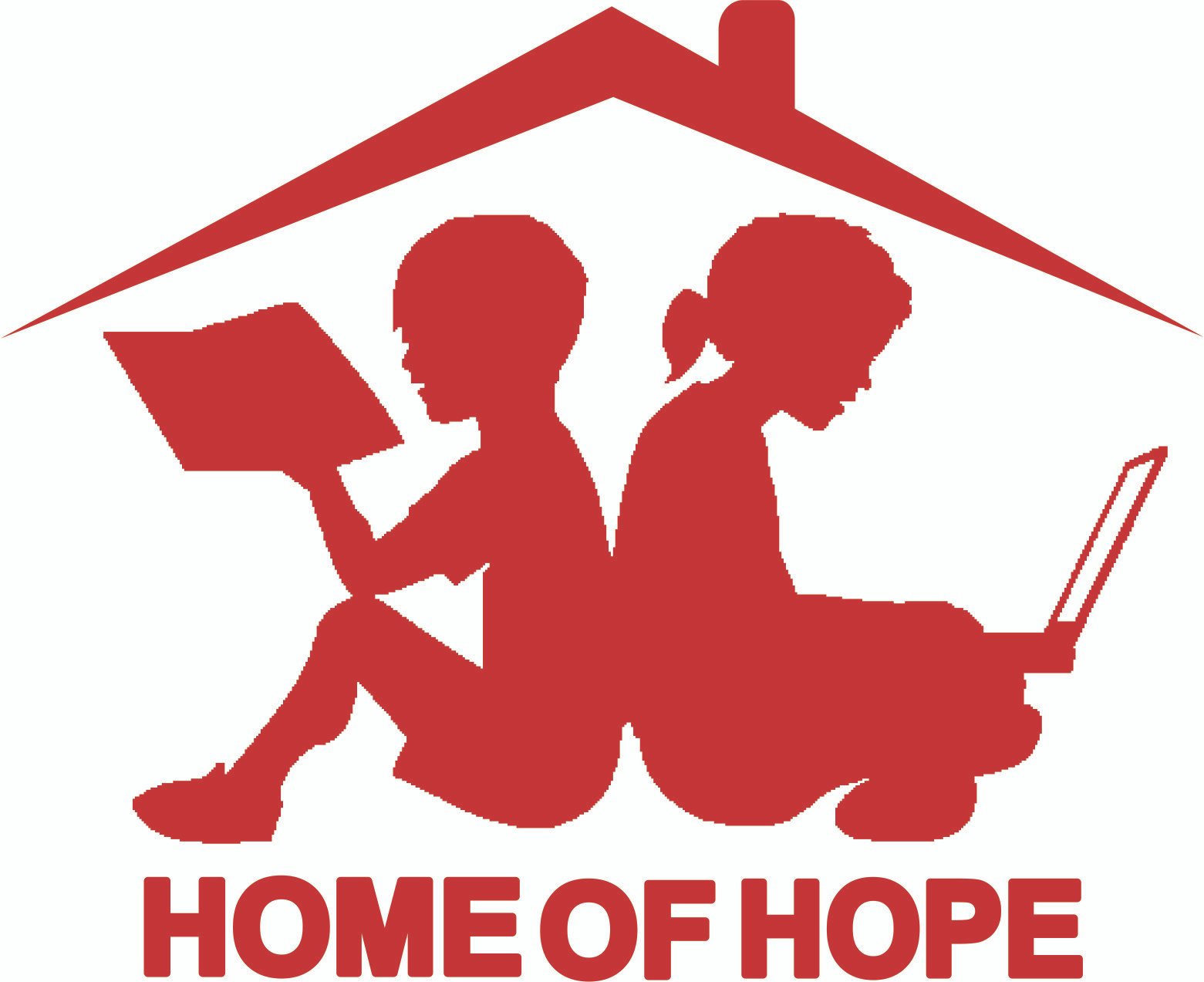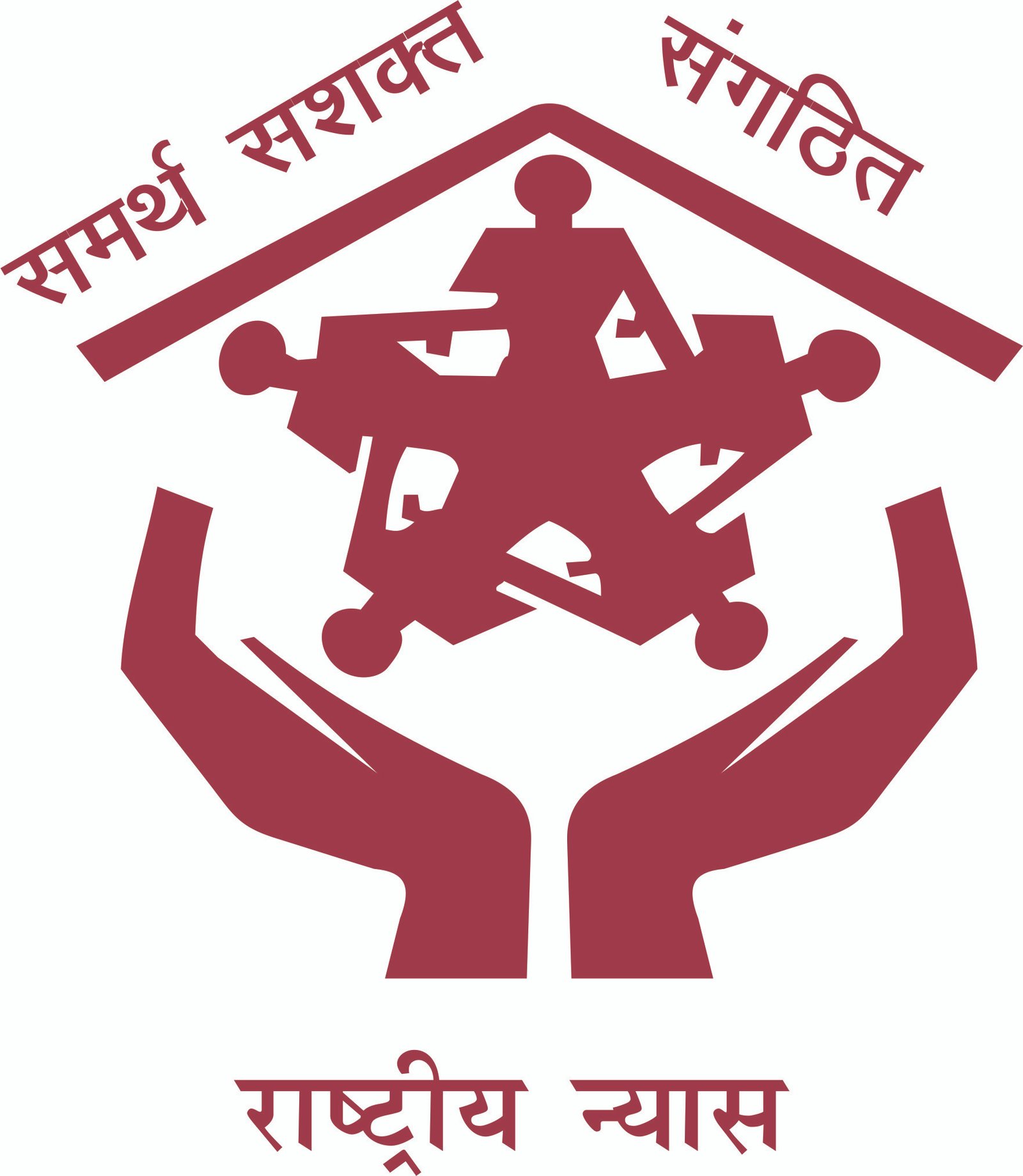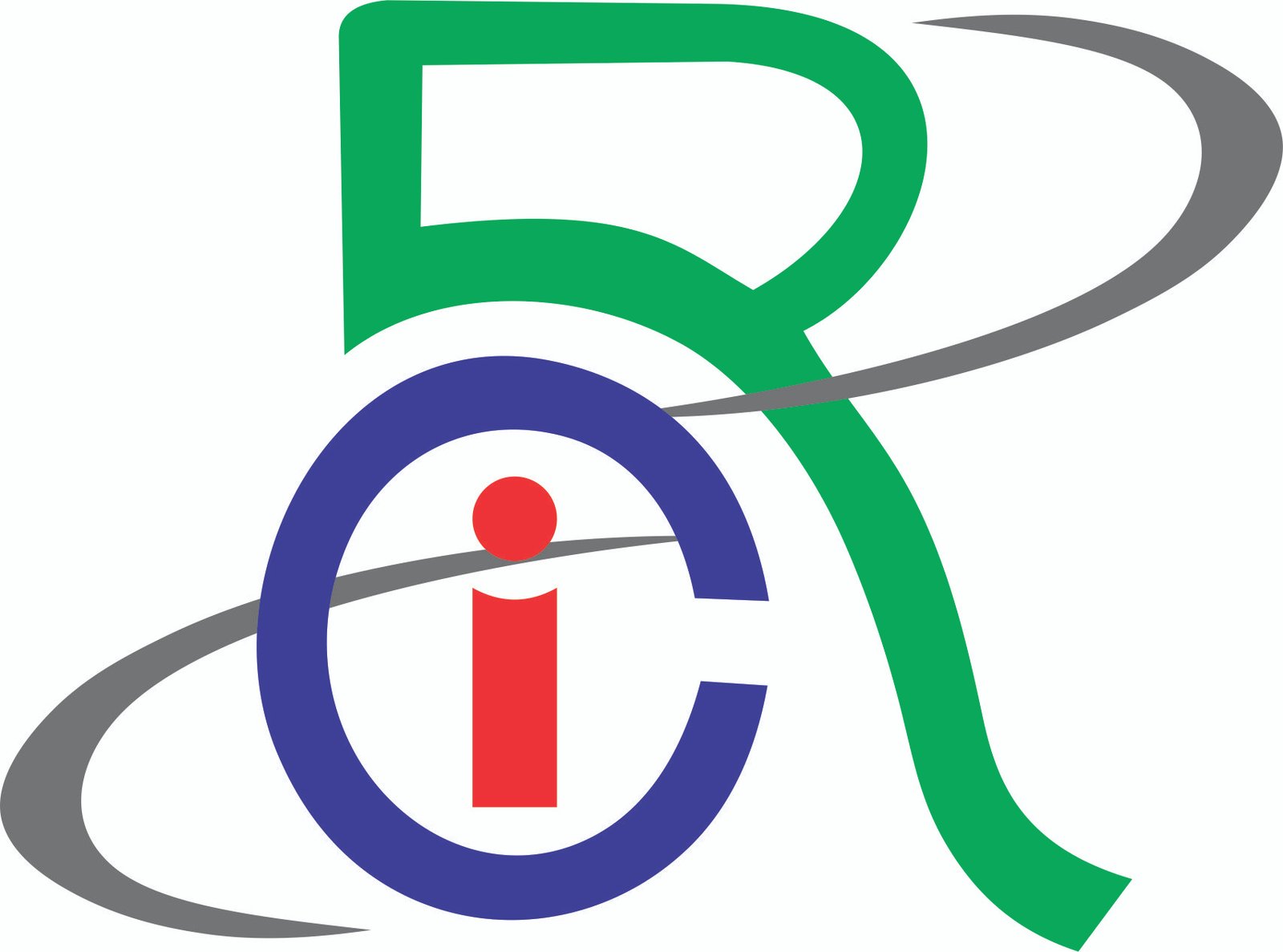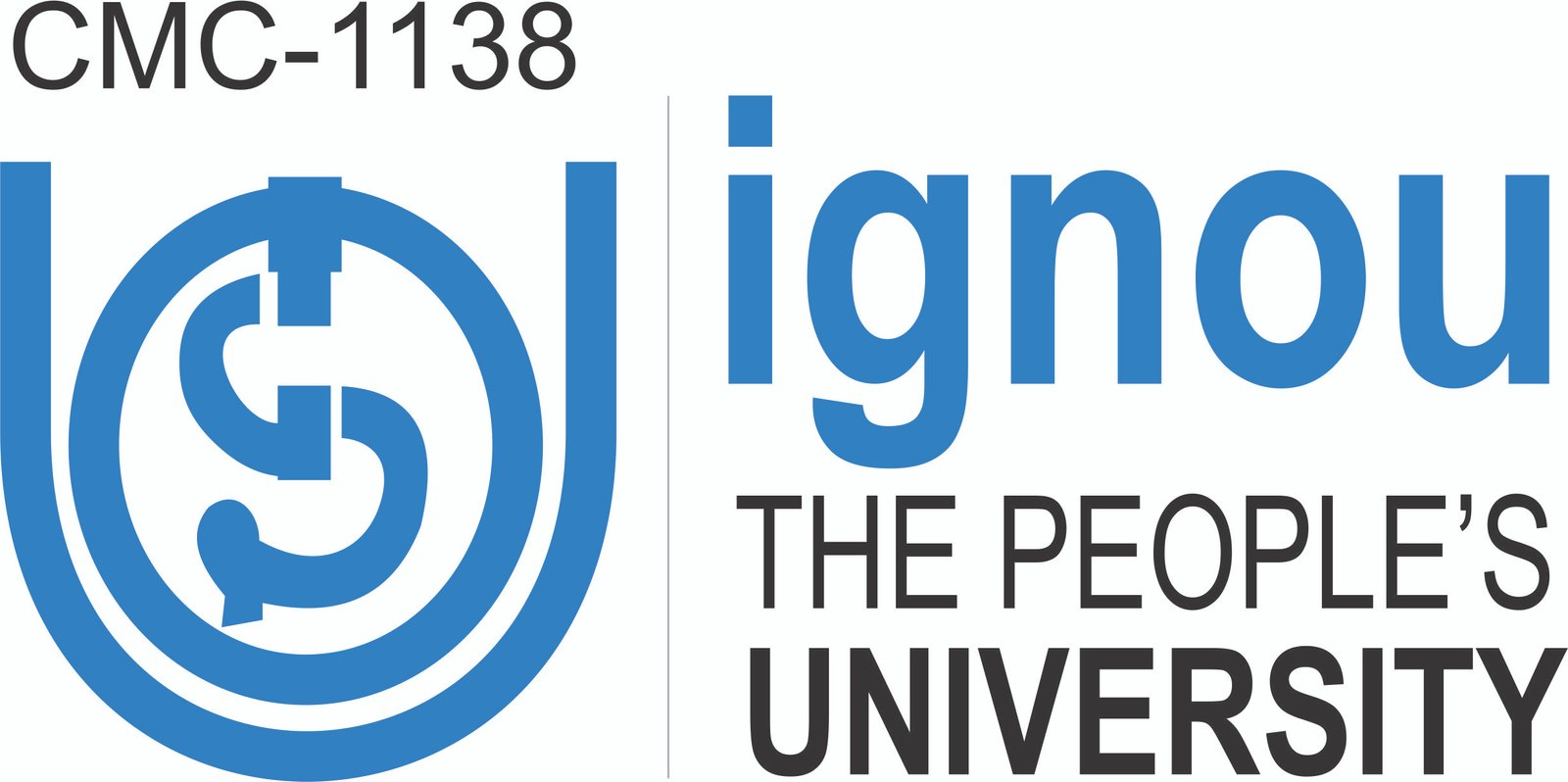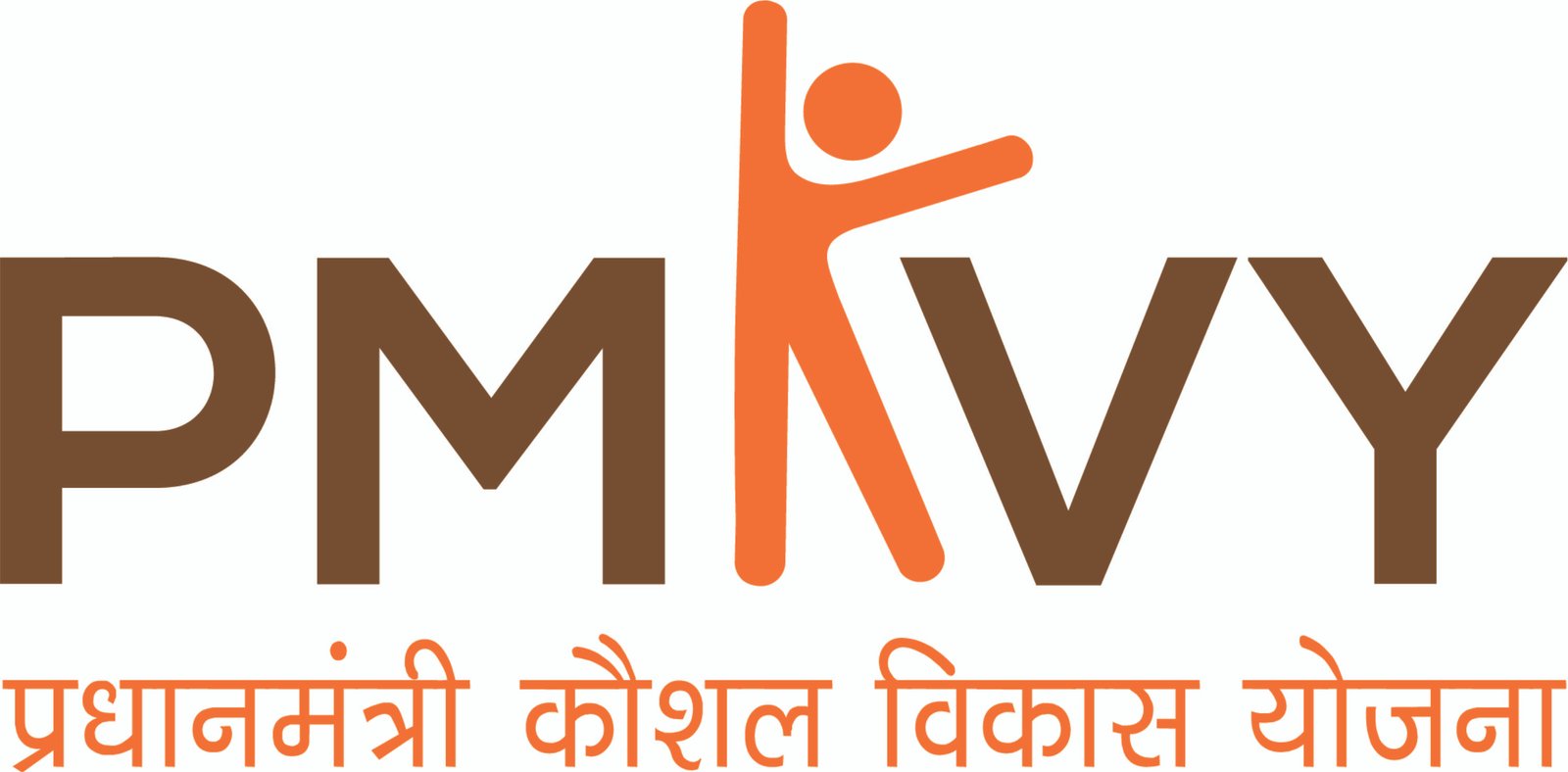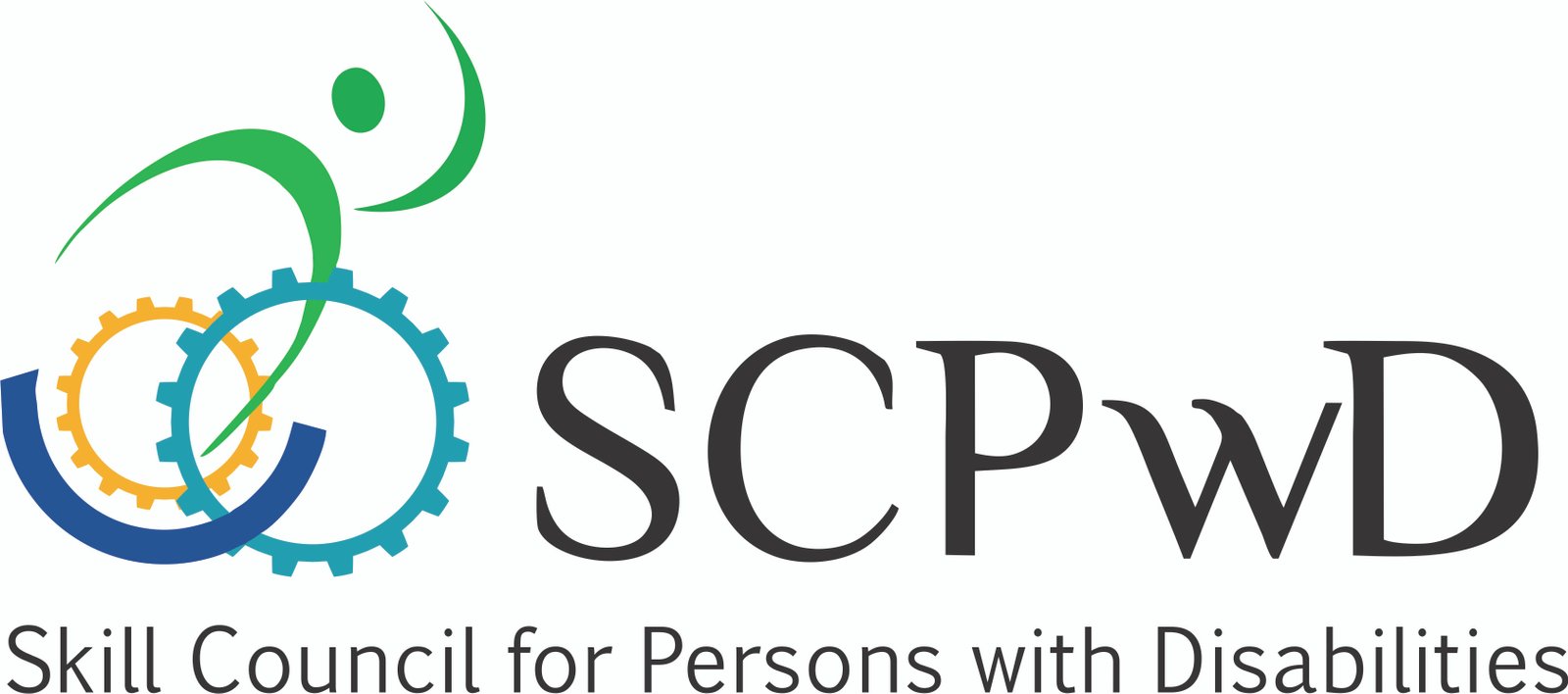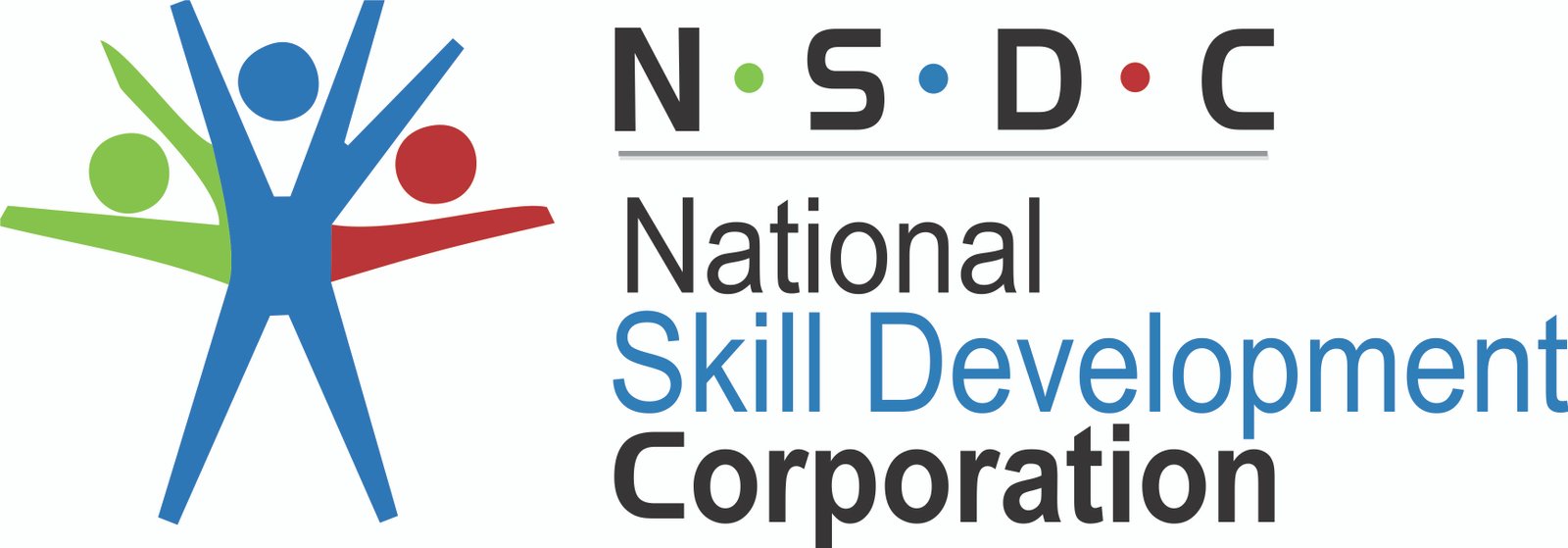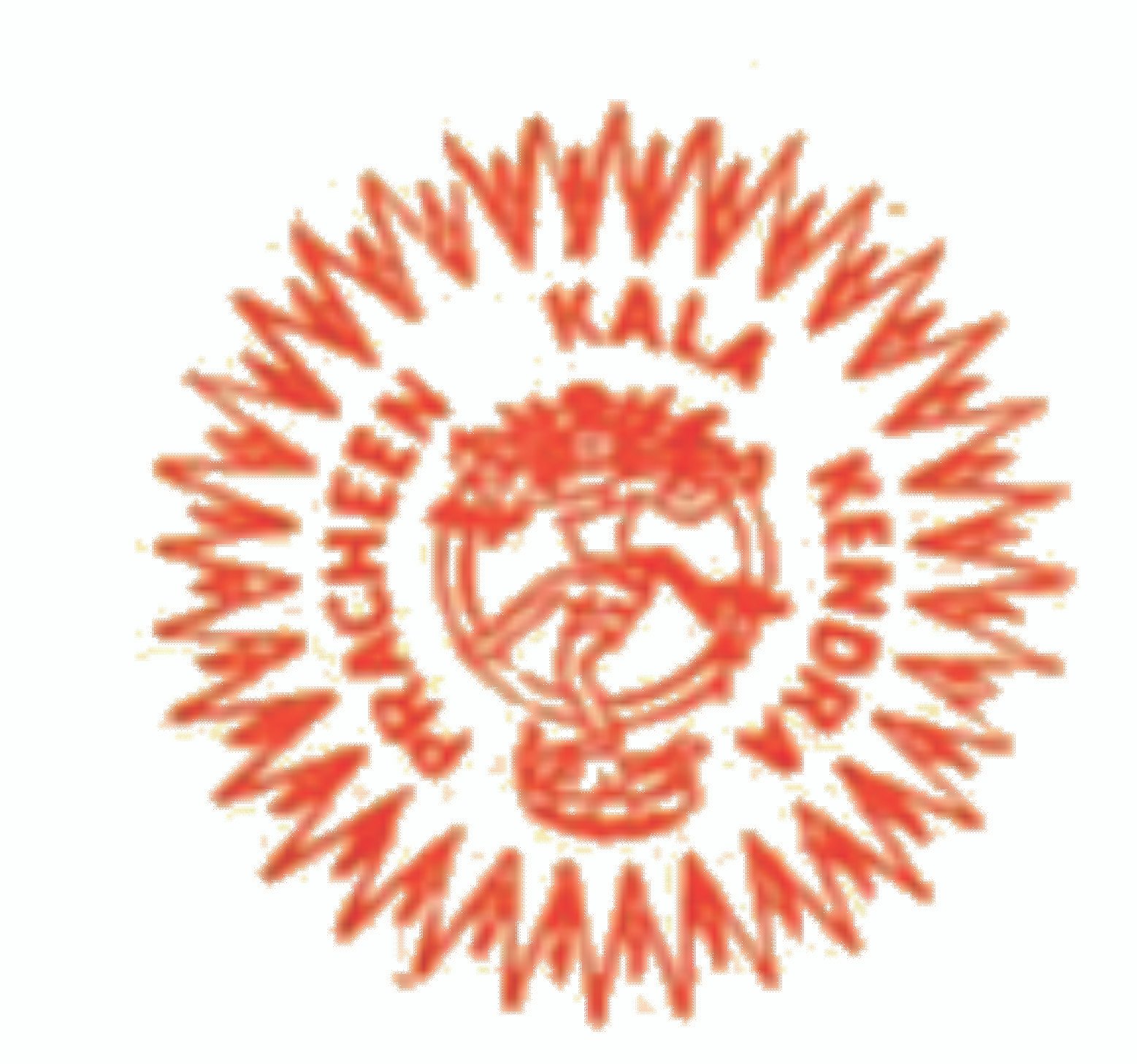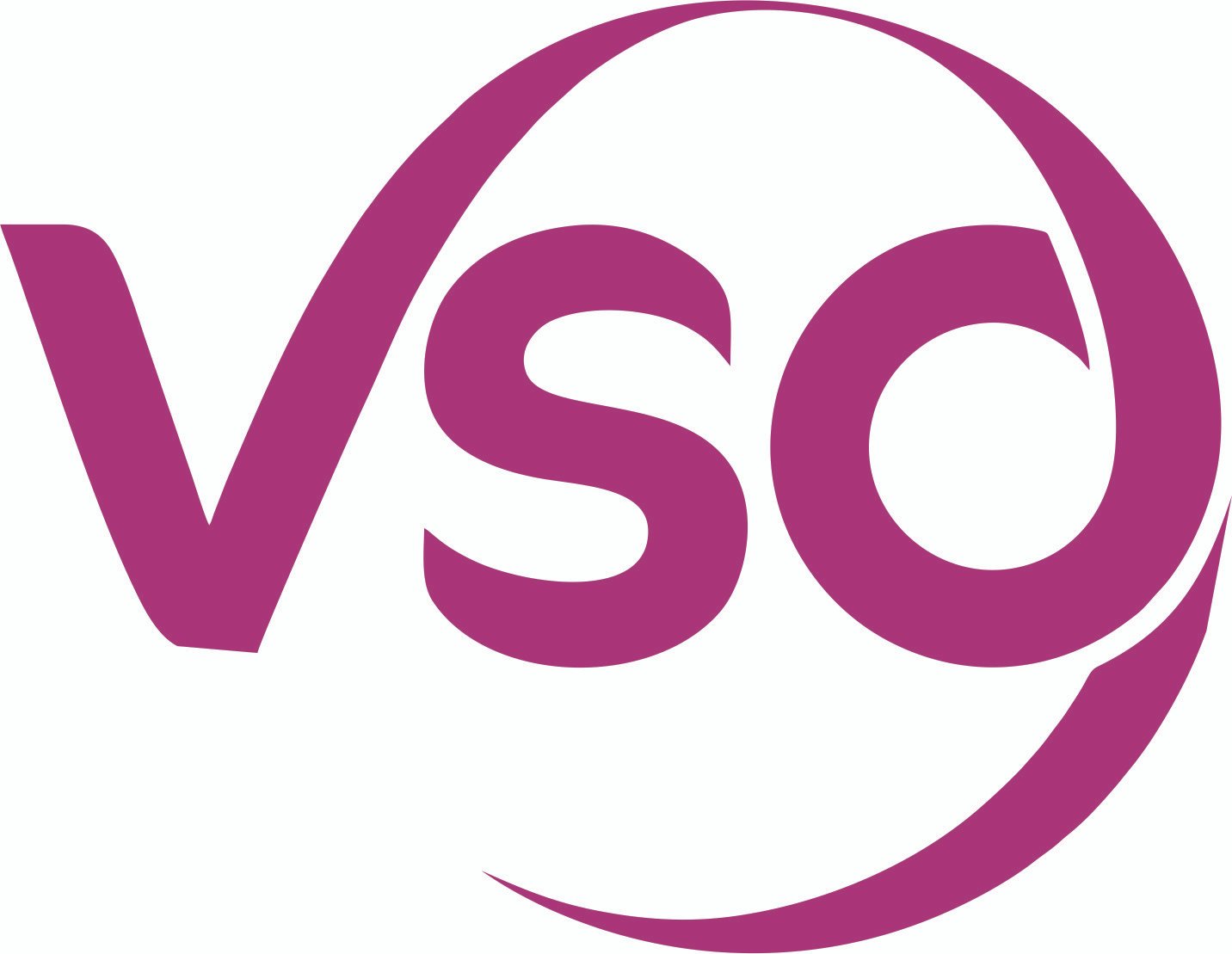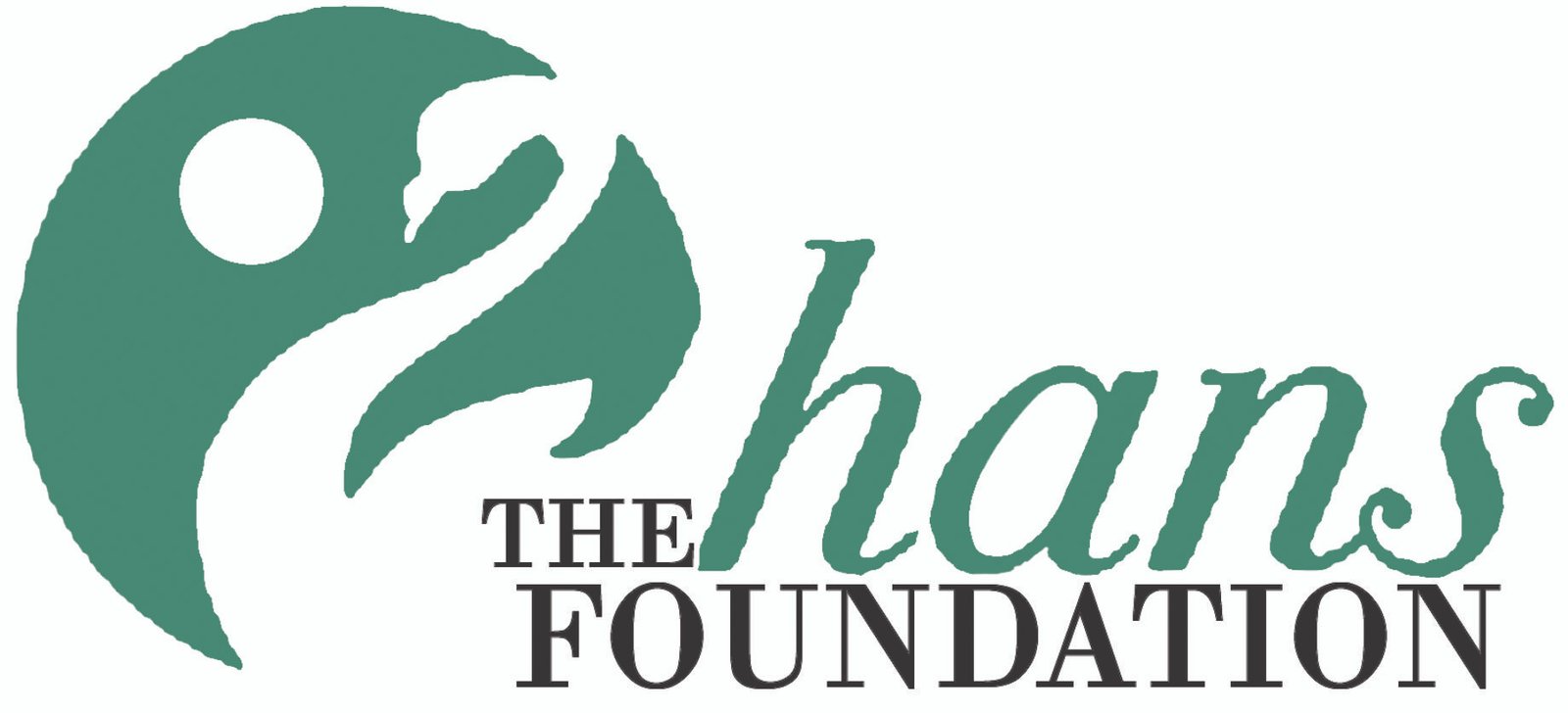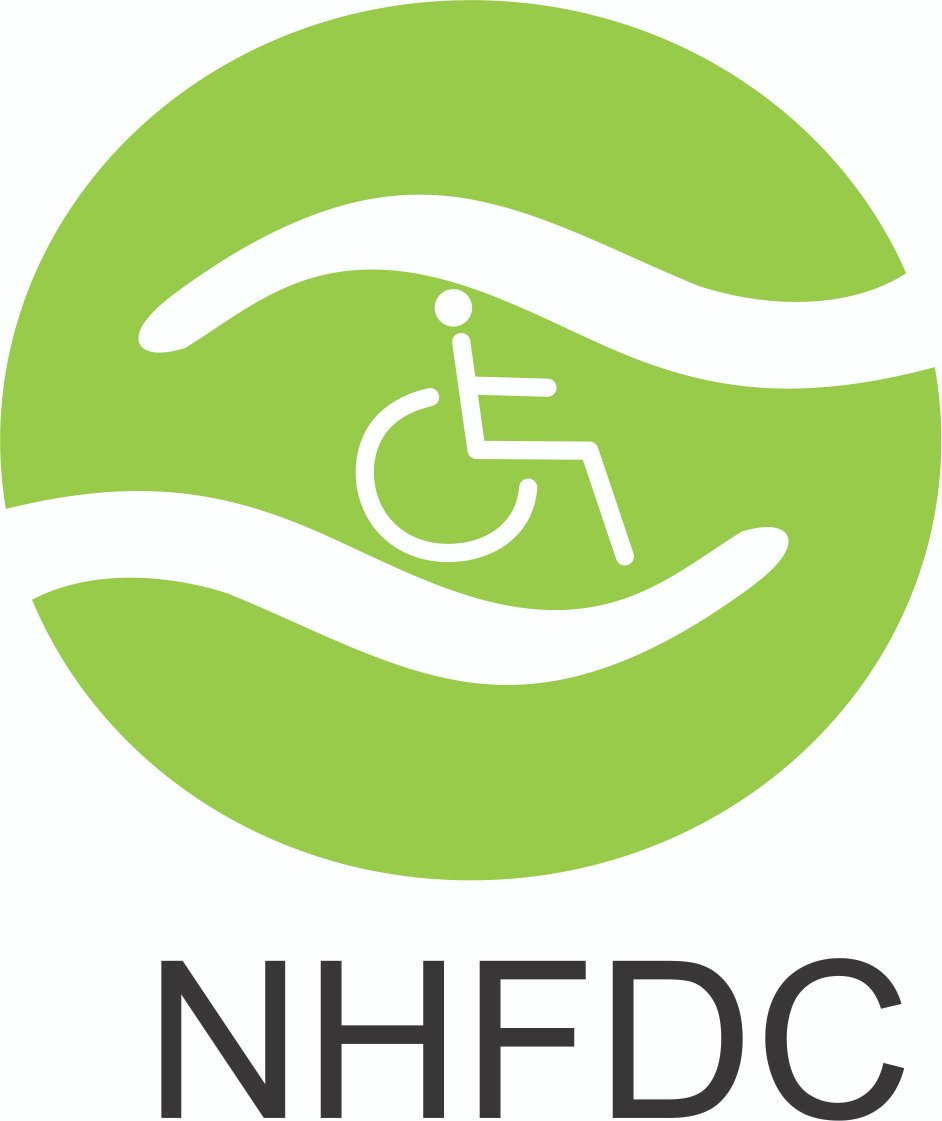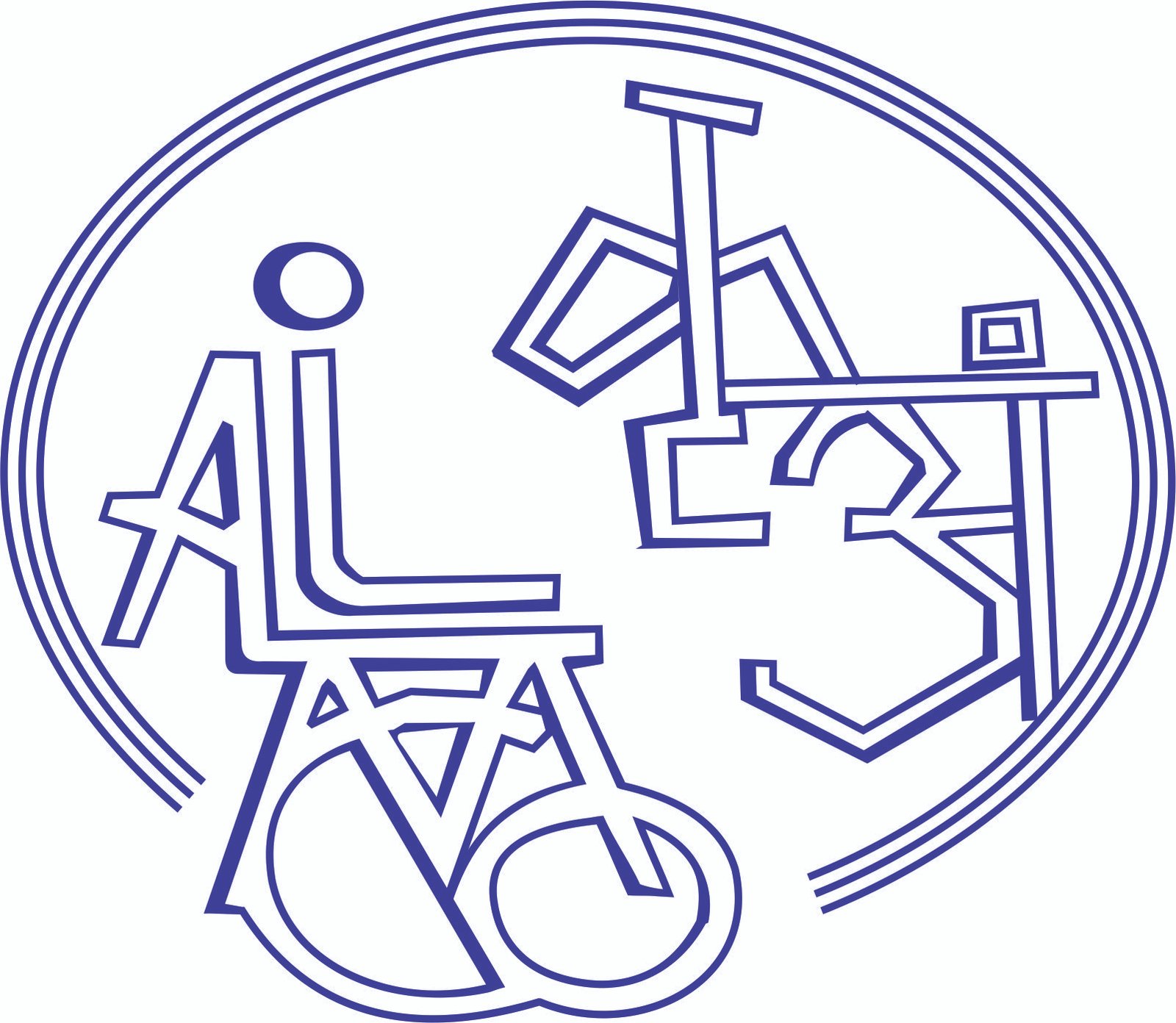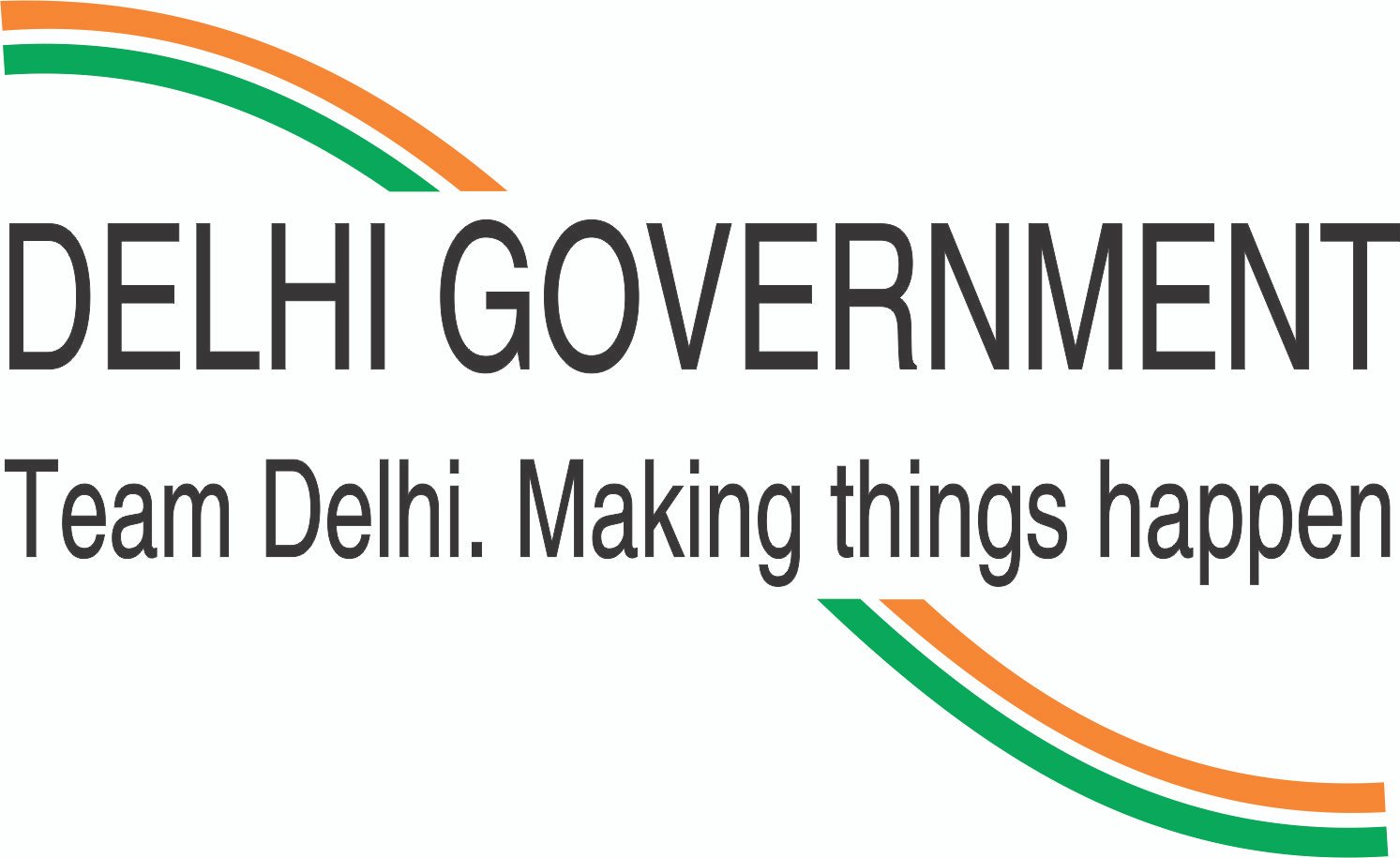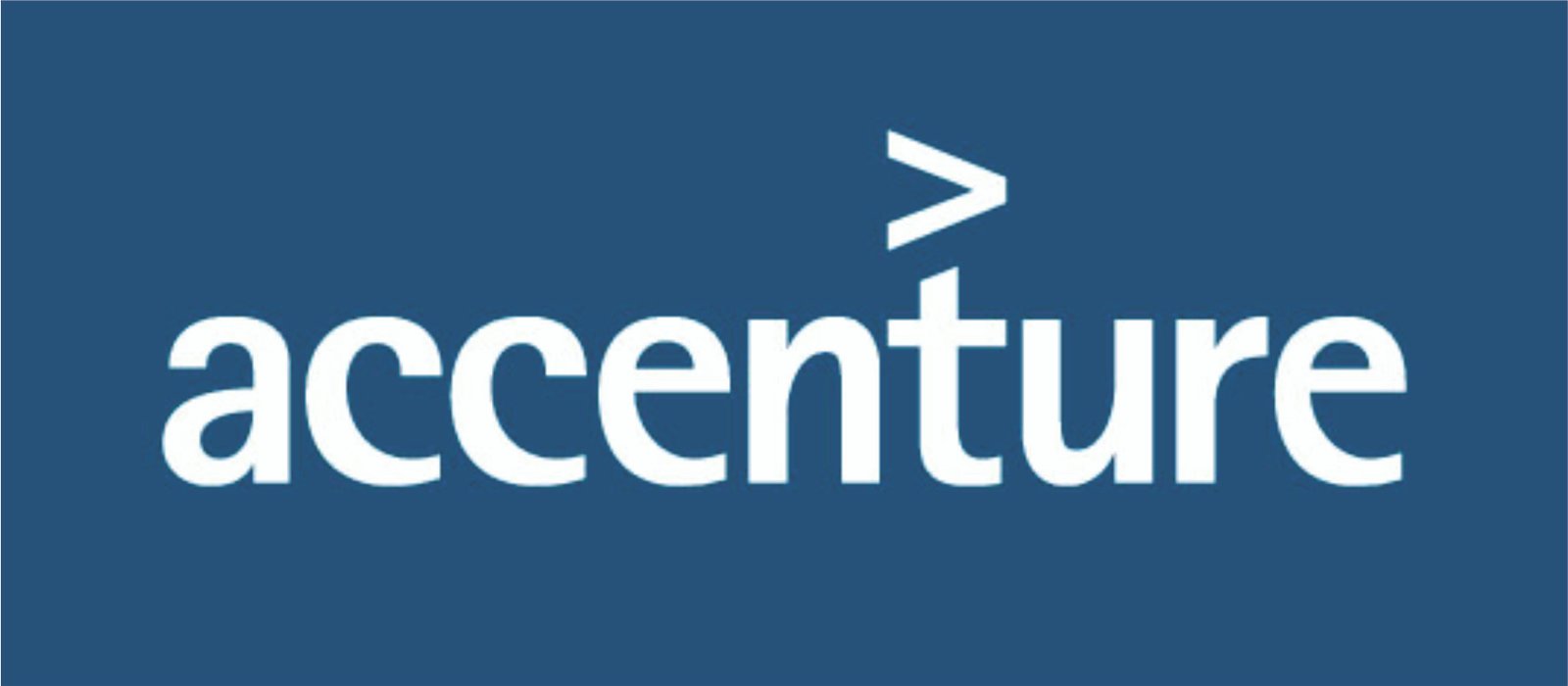
Aarambh Child Care Centre (A3C)
Project Slogan: Partnering with Families
Project Coverage:
Aarambh, Dilshad Garden, lies in East and Northeast Delhi. Dilshad Garden may also refer to the trans-Yamuna region in general. Dilshad Garden contains two municipal council zones (Shahdara north and Shahdara south). The suburbs area of the project shall be Tahirpur, Shahdara, Vivek Vihar, Dilshad Colony, Jhilmil, G.T.B Enclave, Surajmal Vihar, Seema Puri, Nand Nagri, Sunder Nagri, Yamuna Vihar, Savita Vihar, New Modern Shahdara, Naveen Shahdara, Bholanath Nagar and Govardhan Behari Colony, Vishwas Nagar, Bhikam Singh, Shalimar Park, Subhash Park, Subhash Park Extension, Panchsheel Garden, and Mohan Park, Kardam Puri, Jyoti Nagar East, Jyoti Nagar West, Jyoti Colony, North Chajjupur (Indira Niketan), Chhota Bazaar, Rohtash Nagar, Balbir Nagar, Shivaji Park, Gorakh Park, Nathu Colony, Ashok Nagar, Ram Nagar, Chander Lok Colony, Kabool nagar, Babar pur, Mansarovar Park, Durga Puri and Shri Ram Nagar.
The project will cover about 30-40Km2 Areas having about 3 lakhs population and more than 200 people having severe and multiple disabilities in this project area.
What is A3C:
A child care center, educating young children with special needs. As an early education provider Aarambh Child Care Centre (A3C) work in partnership with families to offer consistent, loving care for young children.
Why is A3C:
For the habilitation of children’s readiness to gain admission in mainstream schools
Indicators of A3C:
1: Parents and Family Involvements:
Maintain a relationship with the parents and family for gaining attention of their Children with Disability.
- Parent’s/Family cooperation for the empowerment with the children with the disability to informing learner of the objective.
- Parents understanding for providing feedback through feedback module.
- Review of the parents to present the stimulus or material.
2: Support through quality staff:
- Develop guidelines of the work through trained or supported caregivers to children to informing learners of the objective.
- Eliciting performance by the trained or supported special educator to children through their performance module.
- Trained physiotherapist and occupational therapist for assessing the performance and give feedback.
3 : Coordination with the schools.
- School counsellor informing learner of the objective through banners or other publications.
- Hire experts to support parents to stimulating recall of the prior learning.
- Eliciting performance of the students through the school list.
Need for this project:
- Proper parent’s family support system and individualised family support plan should be given so that they can understand how to care the children with disability and their disability.
- A quality of staff shall support with advanced care and transition plan for admission in of children with disability in the mainstream schools.
- Regular follow ups and coordination with the mainstream school for promoting inclusion of the students in the classroom and education system.
How A3C will function:
Services and Staff
A3C services and staff are one of a child’s earliest and most important teachers.
A3C services and staff are one of his or her earliest playmates and friends. The way a child views his or her world is influenced by your voice, touch, eyes, and smile.
Child Development
When you think of a child and how he or she is growing, you notice things like how soon he or she smiles, sits up, rolls over, or how well he or she walks, talks, holds a spoon, and feeds him or herself. Children learn naturally during this time, by doing, by watching you and other children, and by being taught how to do different things. Because you know the children in your care so well, you might notice that one of them is growing or developing differently than other children of the same age. What you are noticing are changes in different developmental areas.
The five primary developmental areas are:
- Ability to move, see, and hear—physical development
- Ability to talk, understand, and express needs—language and speech development
- Ability to relate to others—social and emotional development
- Ability to eat, dress, and take care of themselves—self help (or adaptive development)
- Ability to think and learn—cognitive development
While all children grow and change at their own rate, some children can experience delays in their development. Sometimes this can be cause for concern. Early Intervention can help.
Family Support
Early Intervention at A3C consists of services and supports designed to help families with children who have developmental delays. Early Intervention builds upon the natural learning occurring in those first few years.
It is a process that promotes collaboration among parents, service providers, and others significantly involved with the child.
Early Intervention
- Answers questions about a child’s development;
- Enhances the families’ capacity to meet the developmental needs of their child in the settings where children would be if they did not have a disability;
- Respects families’ strengths, values, diversity and competencies;
- Supports communities to become more aware of the gifts and abilities of all its children;
- Helps prevent the need for more and costly intervention in the future;
- Develops Early Intervention practitioners’ skills to work collaboratively with families, caregivers, and educators to help children grow and learn..
Services
- depending upon your needs, options may include:
- home visits to support your child’s development
- short term group programs for children who have similar goals
- short term individual programs
- written materials of relevance to your child’s additional needs
- information about the community services available to you
- pre-primary schools and childcare visits to ensure that your child can participate fully in the program and to work with the staff there to meet your child’s additional needs
- helping you and your child with transition into pre-primary schools.
Programs
To meet your child’s and family’s needs. Other services may include:
- parent education and information sessions
- specific individual teaching sessions designed to help your child develop skills
- helping you to advocate for yourself and your child’s additional needs.
Who can join A3C:
A3C Services eligibility
Early Intervention Services are available to children who:
- are aged birth to school-entry and live in project areas specially in East Delhi region
- are at risk due to prematurity, low birth weight or other birth complications
- have development delays
- have a disability such as:
- Autism
- Cerebral Palsy
- Intellectual disability (Mental Retardation)
- Multiple Disabilities
A3C Team:
Early Interventionists:
- are child development specialists
- are skilled at working with children and their families
- understand and use play to help skill development in young children
Occupational /Physiotherapists:
- are specialists in movement, posture and muscle tone
- are skilled at working with children and their families
Speech and Language Therapists:
- are speech and language specialist
- are provide training on alternative and augmentive communication modalities
Community Partners:
- Play way or Pre-schools
- Child specialist
- Child care providers
- Children’s mental health agencies
- Prosthetic and Orthotic Aids and Appliances Center
A3C Confidentiality:
A3C is committed to protecting your privacy. We support and are bound by privacy policy of Manovikas Charitable Society and strict confidentiality is maintained at all times. In order to plan programs with you we need to collect information from you. This information helps us to assess and plan programs in partnership with you. We do not disclose personal information about you or your child to other people or organisations without your consent, unless we are required to do so by law. We do not ask for personal information about you or your child from other professionals or organisations without your consent. You can look at the information in your child’s file at any time, or request a copy of information in the file.
A3C Health Policies:
We are conscious of caring for the health needs of all families receiving services from A3C by maintaining healthy environments for all programs. We ask families to help us by ensuring their children are well when attending any centre-based sessions or receiving home visits. If you have any queries please phone and talk with your service manager.
The above information aims to give you a better understanding of the Early Childhood Intervention Service at Aarambh Child Care Center (A3C). Please feel free to contact us at any time when you have questions, or want information. We will do our best to try to help, or give you details as to whom else may be able to assist.
Presentation Click Here
Whom to Contact to Enrol in Aarambh
Mrs. Indira Alok
Aarambh Child Care Centre (A3C)
60A, Radhey Puri Extn 1, Swami Dayanand Marg, Delhi - 110051
Mobile No. 9891507772, 9911107772, Email: This email address is being protected from spambots. You need JavaScript enabled to view it.






